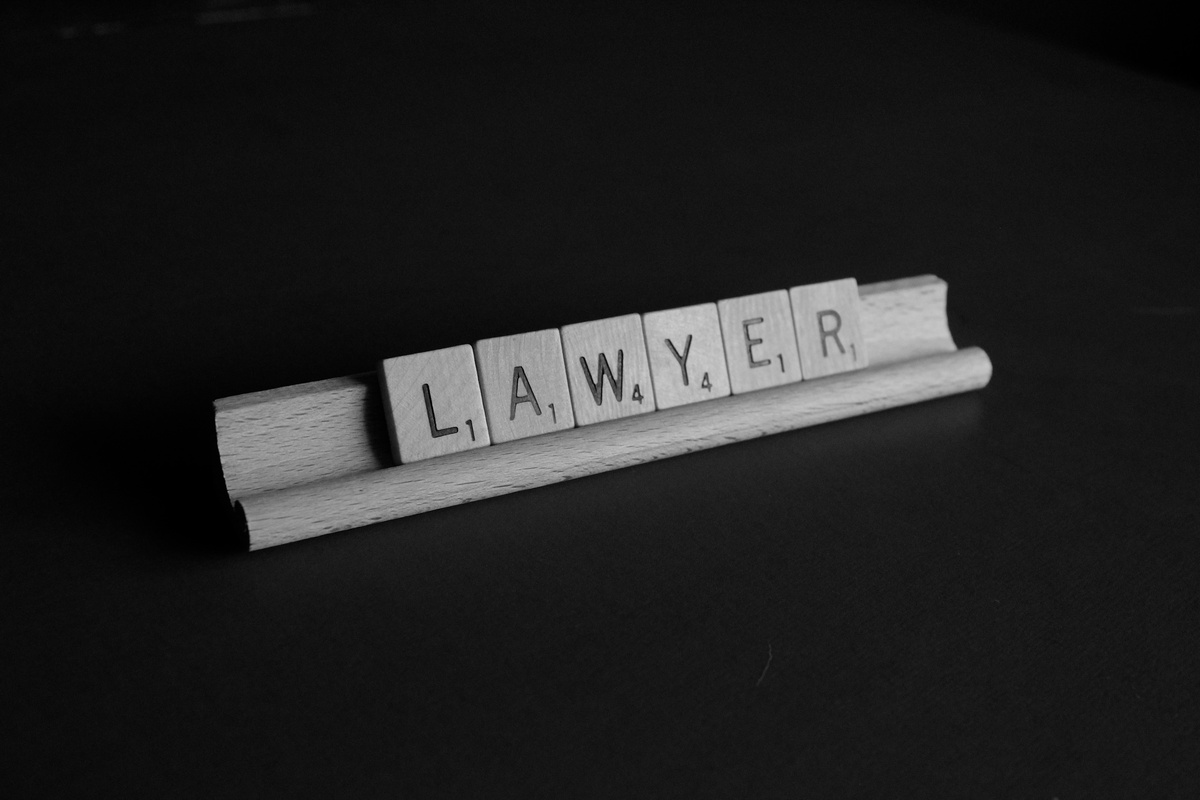What is an action for wrongful death?
You may have seen news articles regarding prominent wrongful death lawsuits. A wrongful death action is a legal case often initiated against a person who negligently or intentionally caused someone's death.
The defendant (the person who caused the death), the deceased (the person who died), and the beneficiaries are typically the parties involved (persons or people who have legal standing to bring the claim in court). The beneficiaries frequently file their lawsuit through the decedent's estate.
The beneficiaries may file a personal injury lawsuit on the decedent's behalf, albeit the regulations governing these cases might differ from state to state. Many defenses that would be available in personal injury claims are also accessible in wrongful death litigation since these sorts of lawsuits are founded on the concept of personal injury.
What Constitutes Proof in a Wrongful Death Case?
The plaintiff in a wrongful death case must meet the same burden of proof as if the decedent were still alive. In order to succeed in a wrongful death lawsuit, the plaintiff must demonstrate the following:
That the decedent passed away; That the defendant was strictly culpable for the death; That the defendant's carelessness or purposeful conduct caused the decedent's death;
The decedent left behind living beneficiaries or dependents, and the death resulted in financial losses for the left behind.
The plaintiff will additionally need to establish the following components of a negligence lawsuit if the claim is that the defendant's carelessness caused the death:
The obligation of Care: that the defendant owes the decedent a specific duty of care;
A violation of the defendant's duty of care is when the such obligation has been violated or disregarded.
Causation: The claim that the defendant's actions directly contributed to the decedent's passing.
Remember that the proof of negligence requirements will not be applicable if the basis of the wrongful death claim is that the defendant willfully caused the decedent's death.
What are a Few Potential Rebuttals to a Wrongful Death Claim?
The defenses that are available in a wrongful death case generally rely on a variety of factors. The procedures for handling wrongful death claims vary from state to state, and the specifics of each case will determine the defendant's legal options.
However, certain defenses may be possible based on the specifics of the case, such as:
- No Causation: There must be a connection between the defendant's actions and the death in order to hold them accountable for wrongful death. The cause need not be obvious, but it must be connected in some way to the defendant's behavior. If the plaintiff is unable to establish a link between the two, the defendant will not be held accountable for wrongful death.
- Self-defense: is only an option if the defendant has grounds to think that serious physical damage or a loss of life was about to occur. The belief that bodily injury was likely to happen must also be reasonable in light of the surrounding circumstances; it is not sufficient for a defendant to just assert that they had such belief.
- Assumption of Risk: A defendant may contend that the deceased accepted the risk associated with the activities that led to their death. The decedent must have known and understood the risks associated with the conduct or behavior for this defense to apply, which is not always the case.
- Participation in an Illegal Act at the Time of Death: If the deceased was engaged in illegal activity at the time of their death, the beneficiaries may not be entitled to any damages. The justification is that society does not wish to honor illegal behavior. The beneficiaries will not be eligible to obtain any monetary damages, for instance, if the deceased passed away during a bank robbery (and the defendant's activity contributed to the decedent's passing during the robbery).
- Release Agreement: It's possible that the decedent signed a release agreement, which would prevent legal action in the case of the decedent's passing. Before engaging in a certain activity, some businesses may ask participants to sign releases committing them to refrain from suing in the case of harm. While this defense could be viable in basic negligence situations, it might not be in circumstances of excessive negligence (where the defendant consciously disregards the need to use reasonable care).
- Contributory negligence: If the decedent contributed to their own injury and death, several states may not find the defendant accountable. If the decedent contributed in any way to their own injury, the defendant will not be held responsible at all (and the beneficiaries would not be entitled to any compensation) in states that uphold contributory negligence laws.
- Comparative Negligence: According to some states' laws, blame is assigned according to a percentage of fault. Instead of contributory negligence, this "comparative negligence" rule will scale back a damage claim based on the percentage of the decedent's fault. The damages will be lowered by 50%, for instance, if the decedent did something that led to their injuries and both parties shared 50% of the blame for the occurrence.
- Statutes of Limitations: Each state has its own laws governing the window of opportunity for bringing legal claims, and this factor influences one of the most popular wrongful death defenses. Most states demand that the case be brought within one to three years after the injury's discovery. The right to sue is entirely lost if the rightful plaintiff fails to file the action within the legally permitted window of time.
Do I Require Legal Representation to Bring a Wrongful Death Claim?
- It is in your best interests to speak with a knowledgeable wrongful death attorney, regardless of whether you are the plaintiff or the defendant in a wrongful death lawsuit. Your wrongful death lawyer in los angeles can help you analyze the situation, decide whether you have a compelling argument, and protect your legal rights.


No comments yet